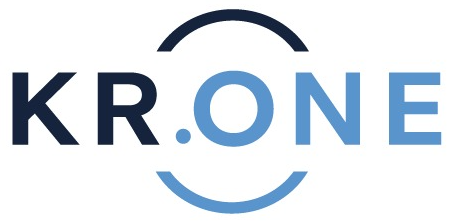I have recently concluded a series of review assignments where I reviewed the financial managment procedures of many NGOs. NGOs play a critical role in addressing various social issues, often relying on effective accounting systems to manage their resources efficiently. The selection of Enterprise Resource Planning (ERP) systems varies significantly among NGOs, reflecting the diverse needs and operational contexts of these organizations.
Several widely used ERP systems have emerged as popular choices for NGOs across the continent. Systems like SAGE, Xero and QuickBooks and Microsoft Dynamics 365 are notable examples for smaller NGOs while bigger NGOs may choose SAP or Oracle. Each of these platforms offers a range of functionalities tailored to financial management, project tracking, and reporting.
In my experience working with various NGOs, I’ve observed that while these systems are widely adopted, it’s important to recognize that NGOs are not ‘one size fits all’. Each organization has unique needs based on factors such as size, mission, and operational environment. The effectiveness of an ERP system largely depends on how well it aligns with the specific requirements of the NGO.
For example, some organizations might prioritize budgeting and compliance, while others may focus on donor management or impact reporting. This diversity of needs often influences the choice of ERP systems and highlights the complexity involved in selecting the right tool.
In conclusion, while many ERP systems are applied within NGOs, it’s crucial to understand that NGOs must carefully evaluate their unique needs to select an ERP system that best supports their objectives and enhances their operational efficiency, ensuring they can navigate the challenges they face in their mission-driven work..
Feel free to reach out if we should discuss the challenges you may have with your ERP system.







